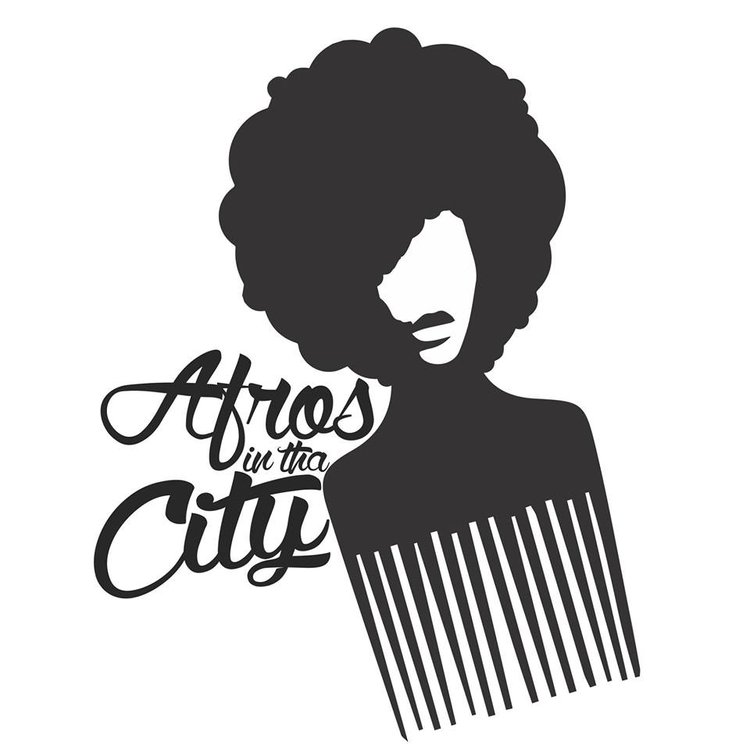On August 30th 2022, Saint Kitts and Nevis (SKN) became the most recent nation in the Caribbean to strike down its laws criminalizing homosexuality. This legal advance was handed down by the Eastern Caribbean Supreme Court following a claim made by Jamal Jeffers, a gay man, and the St Kitts and Nevis Alliance for Equality. Many gay rights activist groups have excitedly lauded this inherently decolonial move, and while I absolutely did unleash a few sobs of joy at the news, my giddiness has slightly subdued. It’s not that this isn’t a win, or a sign of progress, but in some ways it feels more like an on-paper win than a social one. I wanted to make my next visit to Nevis one where I could be “out”, but I’m not so sure that will happen.
The reality was not as I had dared dream of. No, St. Kitts and Nevis had not finally decided that it was time to turn over a new leaf of sorts amidst their other efforts seemingly towards achieving independence from colonial nations and tackling their homophobia head on, their arm was forced. In fact, the islands even fought against the ruling, arguing that “toleration of gay activity” would lead to a slippery slope that would destroy the “culture and personality” of Saint Kitts and Nevis. I remember one comment in a forum I thankfully cannot find, suggesting that the allowing of homosexuals in SKN to have social acceptance and equal human rights would lead to the tolerance of (gasp!) Trans people! And if we dare accept the transgendered, then the natural next step is to accept those who want to engage in their pedophilic and bestiality based perversions, right?
My forehead met my hand as I groaned and rubbed my brow. Obviously this wasn’t true, not even remotely, and usually I would just laugh at the absolute ignorance of people, but this time it felt different. I’d been lucky enough to live in reasonably accepting areas, with people I knew would love and not judge me anyways, even if not being the most thrilled. There was homophobia but I had always attracted circles of many eventually-queer friends, and was somewhat shielded. But in Nevis… in Nevis, Tinder gave me a warning essentially telling me not to use the app with gay settings on because I could get hate crimed. And it would be far from the first time a person experienced violence for their gender identity on the island. In fact, I know of at least a couple people in similarly diasporic positions as I who do not claim their Caribbean identity largely due to the homophobia. If it hadn’t taken me two decades to truly come out to myself, I think I would too.
It’s hard to condemn a place I love so dearly in such a profound way, even if as a diasporic, later in life citizen, but my most forceful criticisms frequently come from my struggle to reconcile love and ethics, choosing which battles to fight.
Naturally, there was a heavy Evangelical presence involved in the effort to prevent the decriminalization of “buggery” in SKN, which raises a question far too heavy for me to dare write about; at what point does the infiltration of the colonizer merely become a part of the “new culture”? Despite all that has been suggested to me otherwise, the way homophobia is ingrained into much of the contemporary caribbean culture, I sometimes wonder whether or not my ancestors could deign approve of me by the very nature of my queerness.
